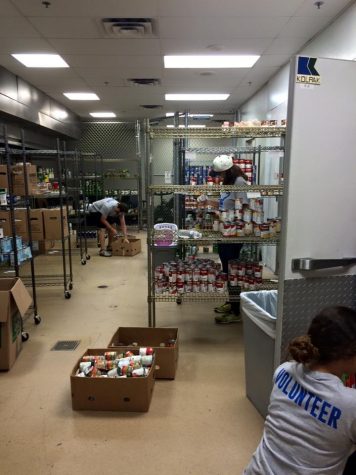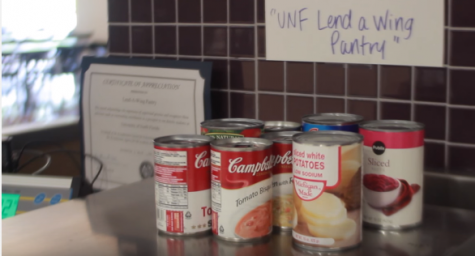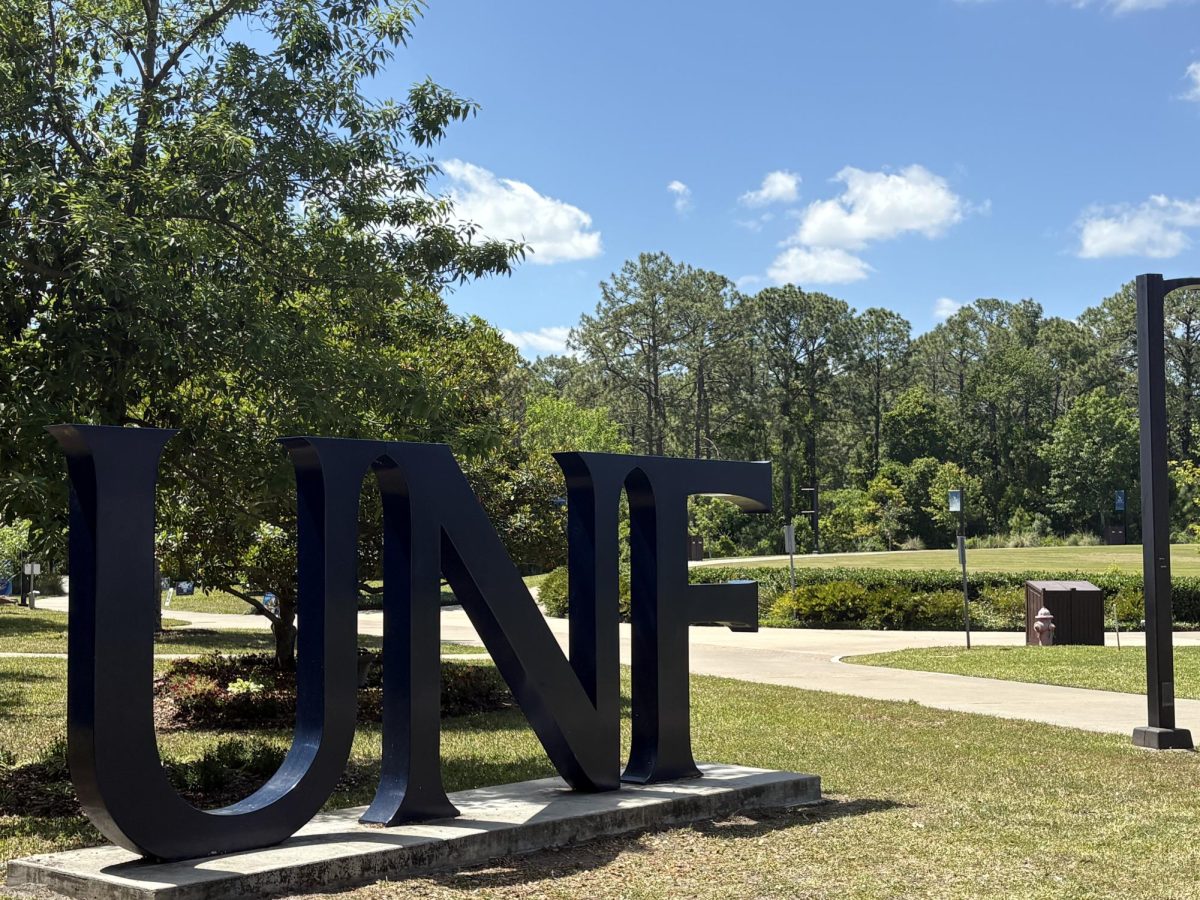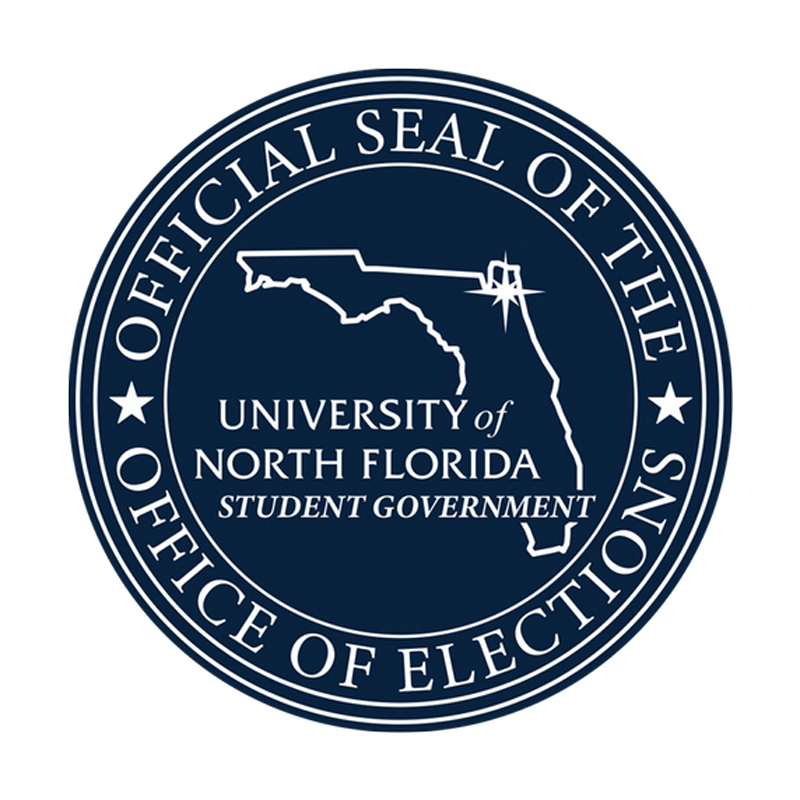As the Florida Student Association (FSA) releases their initiatives for the upcoming school year, Student

Body President Samantha Mims has already started to discuss these initiatives with Student Government and how to implement them at UNF.
FSA is a group of twelve student body presidents from universities across Florida. As student body president, Mims represents UNF at FSA and has the chance to lobby the Florida Senate for issues that affect UNF students directly. None of the FSA initiatives have been finalized yet, but some of the possible initiatives include food and housing insecurity.
To discuss a possible solution to food and housing insecurity that faces students on campus, Mims invited students in SG to a meeting dedicated soley on this issue. Due to it being intercession, only a few students showed up, Senate President Thomas Beaucham, Attorney General Jaclyn Glosson, Senator Kyle Cohen, and two representatives from Lend-A-Wing.
Although UNF does have a handful of homeless students, housing insecurity isn’t as big of a worry as food insecurity is for students. However, Mims wants to keep an eye on any possible solutions for students who could be ‘couch-hopping’ during weeks of intermission.
One of the reasons there is a food insecurity on campus, according to Mims, is due to free and reduced meals in K-12 schools. According to Mims, students get so used to the free and reduced breakfasts and lunches offered, that when they come to college, they don’t realize they have to pay for every meal.
Some of the possible solutions to help combat food insecurity is to incorporate a meal plan pot and bring food stamps and other food assistance programs to UNF.

The meal plan pot solution is the idea that any meal swipes that don’t get used by students at the end of the week or semester can be used by students who can’t afford to buy a meal plan and is struggling to afford healthy and sustainable food. But this idea would need to be worked out with Chartwells.
The other idea to help students with affording food is to bring food stamps and other government programs such as WIC onto campus. The biggest problem with this proposed solution is that food stamps do not pay for packaged foods, and is usually only available for the cheapest groceries available in a store. Most of the food offered on campus does not qualify for food stamps.
Mims would like to continue these meetings to further bring awareness to the fact that some students are going days without healthy, sustainable foods, and to find a plausible solution to help these students.
__
For more information or news tips, or if you see an error in this story or have any compliments or concerns, contact editor@unfspinnaker.com.















